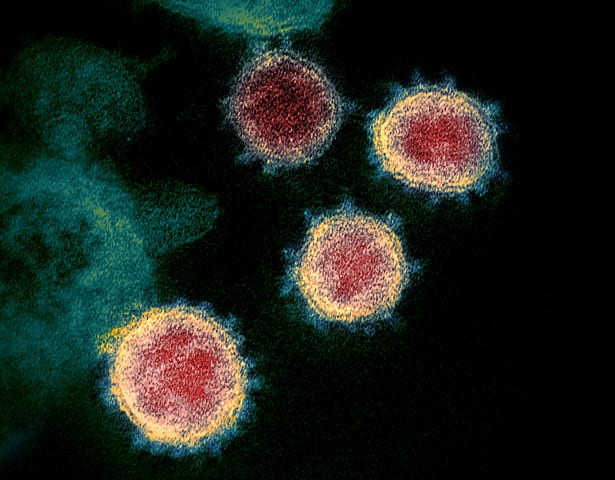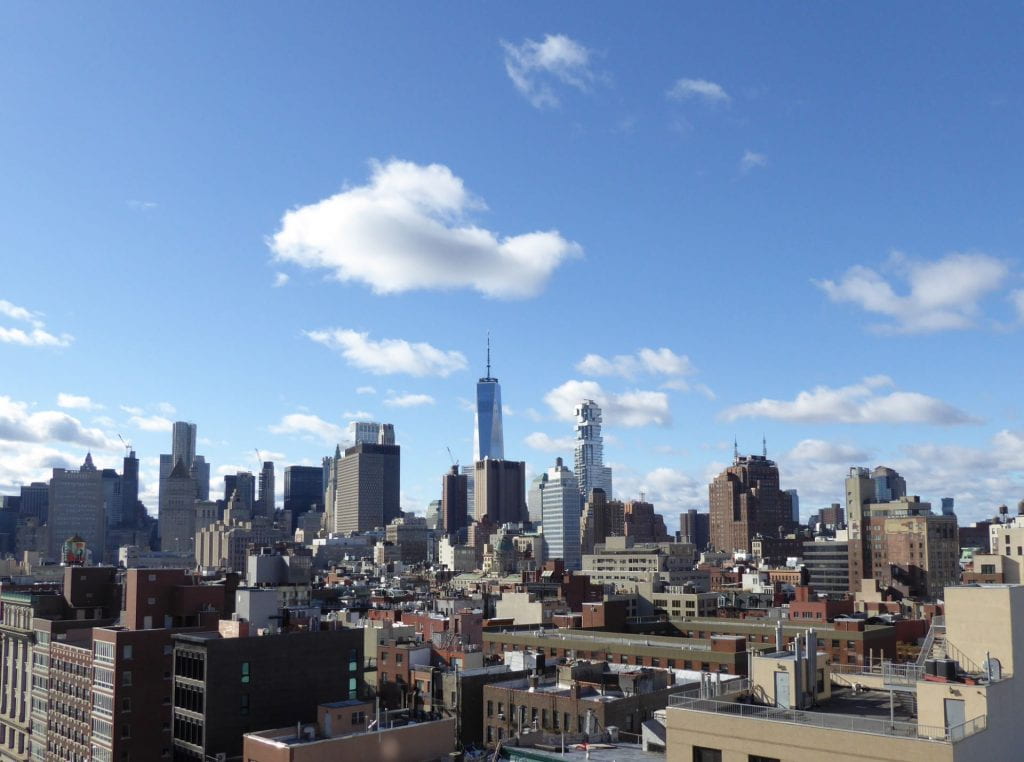Access to Remdesivir for patients in the UK: it won’t be quick or cheap
By saheli.burton, on 9 June 2020
Saheli Datta Burton is a Research Fellow in Geopolitics of Industrial IOT Standards, with an interest in the global governance issues of emerging medical technologies.
Gilead’s drug Remdesivir is increasingly being endorsed by various governments as an aid for improving recovery times in COVID-19 patients. Just last week, the Australian government endorsed Remdesivir as an aid to recovery. A week earlier, the drug was made available in the UK for compassionate use in emergency situations via the Early Access to Medicines Scheme (EAMS) based on a 1-year provisional licensing arrangement between the NHS and Gilead. EAMS allowed doctors in the UK to administer Remdesivir outside the ongoing clinical trials without being penalised for malpractice.
The question is what will happen after the EAMS’ provisional license runs out in a years time? Can patients in UK still receive the drug? The answer depends on the price. Or, more precisely, on Gilead’s ‘rich country’ price mark-up for UK patients. And the higher the price, the longer it will take to become available to patients. Here’s why.
 Close
Close






